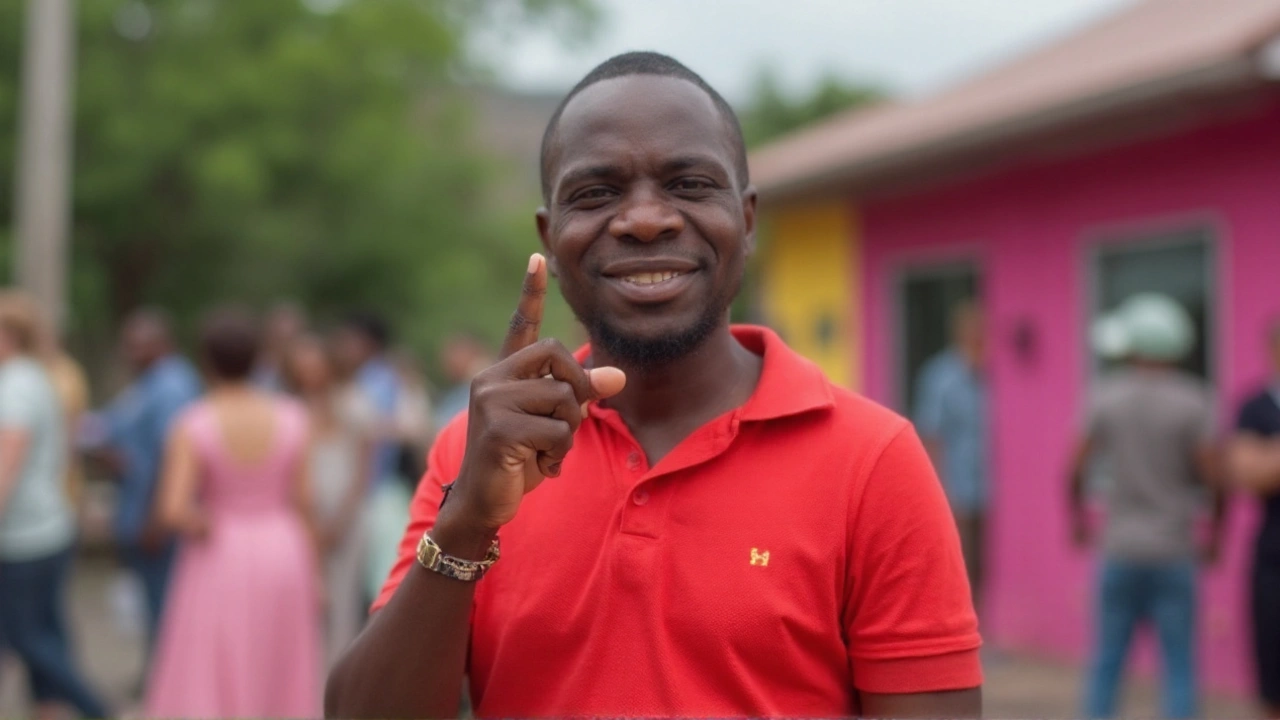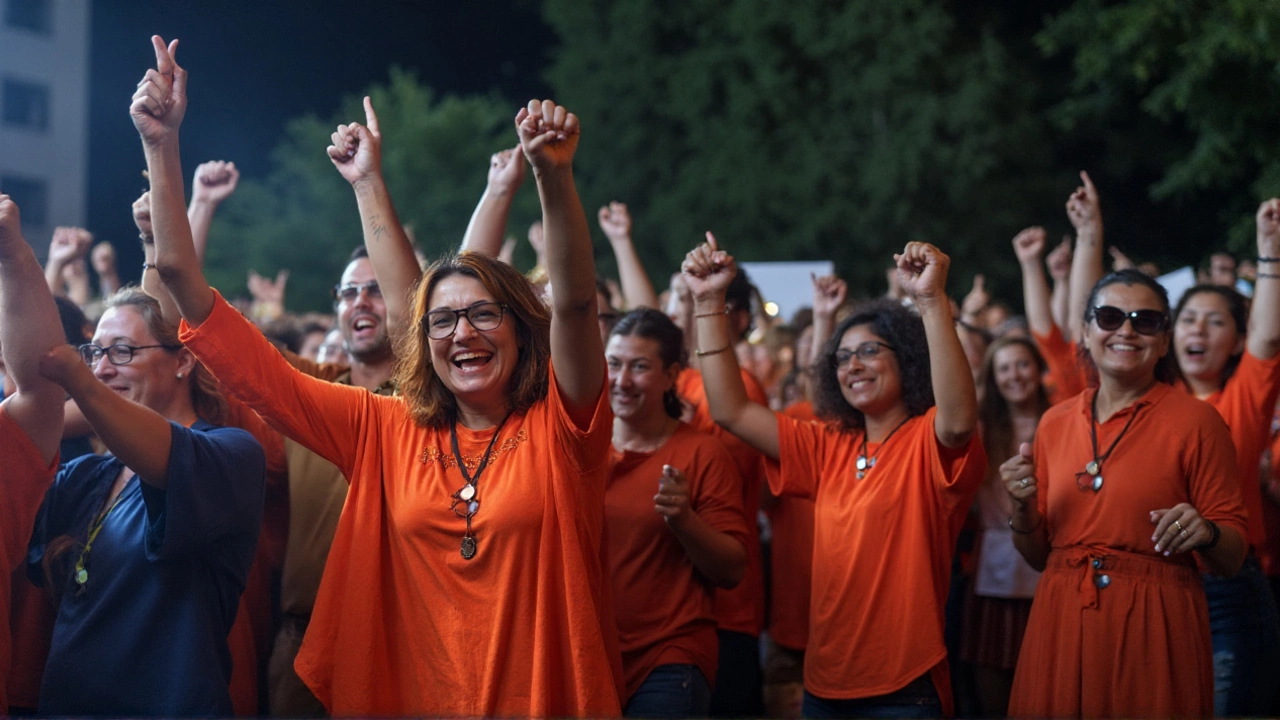
A comeback in Westmoreland Central
Dwayne Vaz is back in Parliament. The People’s National Party (PNP) candidate won Westmoreland Central in Jamaica’s 2025 General Election, according to preliminary results, defeating Jamaica Labour Party (JLP) incumbent George Wright by 1,531 votes. Vaz finished with 9,916 to Wright’s 8,385. Two minor-party candidates—Kathleen Angela Greenwood (Jamaica Progressive Party) and Donn Avan Orlando Foote (INDA)—tallied 39 and 38 votes, respectively. The Electoral Office will certify the final count, but the shape of the result is clear.
The turnaround is striking. In 2020, Wright unseated Vaz with 53.76 percent of 15,678 votes cast, handing the PNP one of its most painful defeats in Westmoreland. Five years later, Vaz has reclaimed the seat and becomes a three-term MP. The victory also completes a PNP sweep of the parish—Central, Eastern, and Western—after the party lost all three in 2020.
Vaz framed the result as the payoff from a long rebuild. On the trail he leaned into a simple promise—“Let’s Get Back on Track”—and told supporters the campaign had spent the last five years mapping projects and reconnecting with communities that felt left behind. The message landed in a constituency where road repairs, water supply, farm support, and steady jobs consistently top local priorities.

What the numbers say and what comes next
The raw vote tells a story beyond the headline. Preliminary figures add up to 18,378 ballots for named candidates—about 2,700 more than in 2020—pointing to a larger electorate turning out this time. Wright’s total sits close to his 2020 level, while Vaz’s vote surged, suggesting the PNP expanded participation rather than relying on a collapse in JLP support. On share, Vaz sits near 54 percent and Wright near 46 percent, roughly an eight-point swing back toward the PNP.
For Westmoreland, the sweep has symbolic and practical weight. The parish was a PNP stronghold for years, and the 2020 reversal to 3–0 for the JLP shocked both parties. Flipping all three constituencies in 2025 hints at a rebuilt PNP ground game—door-to-door canvassing, tighter polling-day operations, and a message tailored to the parish’s mix of farming districts, small towns, and tourism-linked jobs.
Minor parties barely registered. Greenwood and Foote combined for 77 votes, another reminder that, despite occasional independent runs, Westmoreland Central remains a two-party race where organization, local credibility, and turnout operations decide outcomes.
Vaz’s path back started a decade ago. He first entered Parliament via a 2014 by-election after the death of Agriculture Minister Roger Clarke, held the seat through the next term, then lost in 2020. Professionally, he presents himself as both a businessman and a community development worker—useful branding in a constituency where voters often prize hands-on representation over grand policy lines.
What changes now? The immediate steps are procedural: the final count, possible requests for a magisterial recount if any party seeks it, and then swearing-in. On the ground, constituents will expect movement on practical fixes—road rehabilitation on key corridors, reliable water to farming communities, drainage and flood control in vulnerable pockets, and help for micro and small enterprises that power local incomes. Schools, clinics, and youth programs also sit high on the list raised at town halls.
Expect Vaz to reopen constituency offices with extended hours and schedule early site visits with local agencies to prioritize quick wins—patching the worst road sections, clearing drains before the rainy season, and lining up materials for community work programs. Larger capital projects—major roadworks, water mains, and market upgrades—will need ministry cooperation and budget space, which means constituents will judge not just on promises but on how quickly paperwork turns into contracts and crews on the ground.
Politically, the win reinforces a broader theme from Westmoreland: when turnout rises and organizational discipline holds, the PNP is competitive even in seats it recently lost. For the JLP, the result underscores the cost of a stagnant vote in a growing electorate. Whether Wright or his party seeks a recount won’t change the larger lesson for both sides—votes aren’t fixed, and ground operations decide close races.
For now, the scoreboard reads: Vaz by 1,531, a seat reclaimed, and a parish painted orange. Certification will make it official, but the momentum in Westmoreland has already shifted.